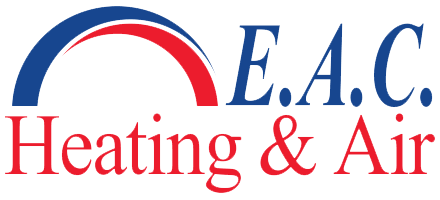If you are concerned about how to lower your energy bill, look at each system in your home for effective ways to curb energy costs and increase home comfort in the process.
Where Are Your Energy Dollars Going?
While some systems consume more energy than others, consistency for energy-saving habits and system maintenance is the key to long term efficiency and comfort. In the typical household, these percentages show the approximate consumption of energy.
- Heating and air conditioning – 55%
- Water heating and usage – 20%
- Lighting and electronics – 12%
- Refrigeration and cooking – 8%
Heating and Air Conditioning
Many households may find it difficult to garner energy savings from cooling and heating systems for the simple fact of maintaining home comfort. With the right energy-saving plan, the opposite is true. You will achieve greater home comfort with lower energy bills by focusing on the following factors.
- Seal air leaks throughout the home, boost insulation and seal ductwork. Consider a professional energy audit to highlight inefficient areas.
- Schedule annual preventative maintenance for your heating and cooling systems.
- Use a programmable thermostat for convenient energy savings while you are at work and during sleep hours.
- Use ceiling fans throughout the year to reduce heating and cooling costs.
Water Heating and Usage
Check the thermostat setting on your water heater. It should be at 120 degrees for a comfortable, energy-saving temperature. Flush the tank every other month by draining about one gallon of water from the drain bib at the bottom of the tank. This helps remove sediment that would otherwise hinder heating and deteriorate the tank lining.
Lighting and Electronics
Connect electronics to power strips. Leave power strips off until needed. Use low-watt light bulbs throughout your home. They use less energy and produce less heat than standard bulbs.
Refrigeration and Cooking
A full refrigerator is a more efficient refrigerator. Use bottled water to occupy unused refrigerator space to minimize energy loss when the door is opened. It also provides backup water during emergencies.
Follow these tips to keep your energy bill low. Give E.A.C. Heating and Air a call if you are looking for an efficient HVAC system, our NATE certified technicians will lead you in the right direction to help you start saving money.
